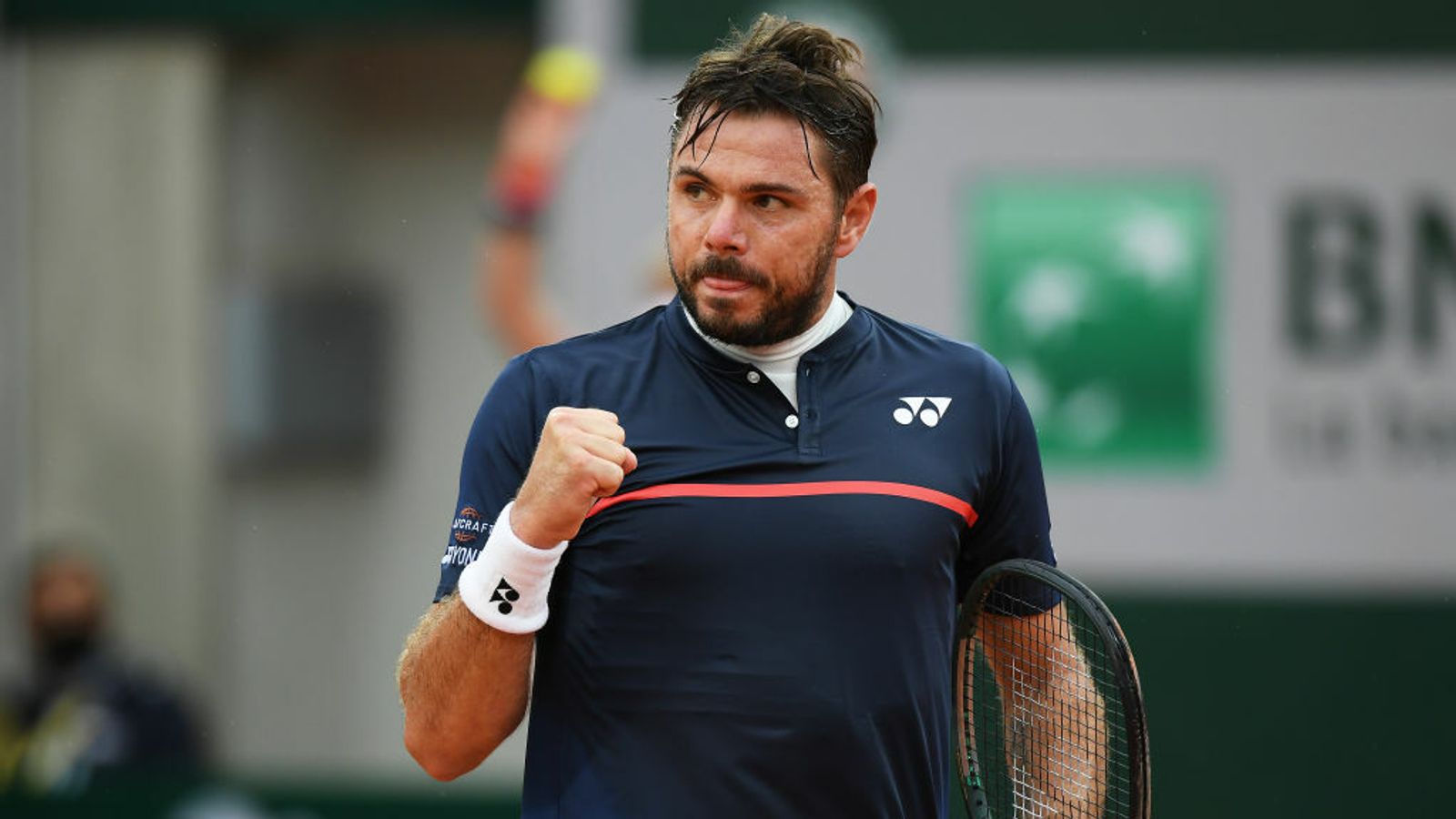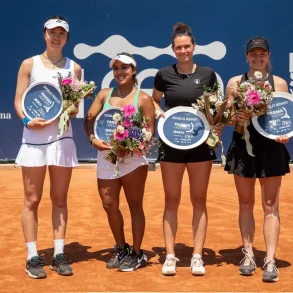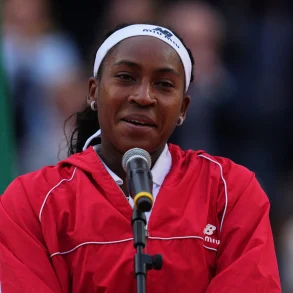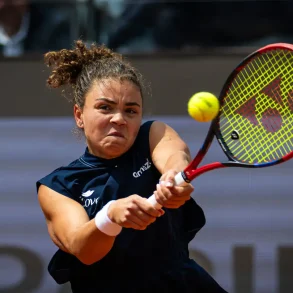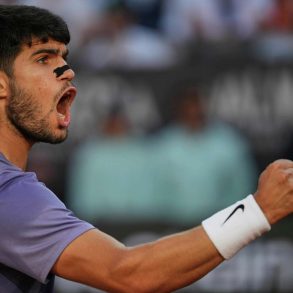Three-time Major winner Stan Wawrinka recently reflected on his encounters with tennis titans Novak Djokovic, Rafael Nadal, and Roger Federer in the biggest tournaments of the last decade.
Wawrinka, a former World No. 3, made his mark at the top in 2014 by clinching his maiden Major title at the Australian Open, triumphing over Djokovic and Nadal. He added two more Grand Slam victories at the 2015 Roland Garros and the 2016 US Open, solidifying his status as one of the premier players beyond the celebrated ‘Big 3’.
Throughout the 2010s, Wawrinka often found himself in fierce battles with Djokovic, Nadal, and Federer, with the trio emerging victorious in 63 out of their 75 encounters on the ATP tour. When asked to delineate the distinct characteristics of each member of the Big 3 in an interview with the Argentinian sports magazine ‘Olé’, the 38-year-old provided insightful observations.
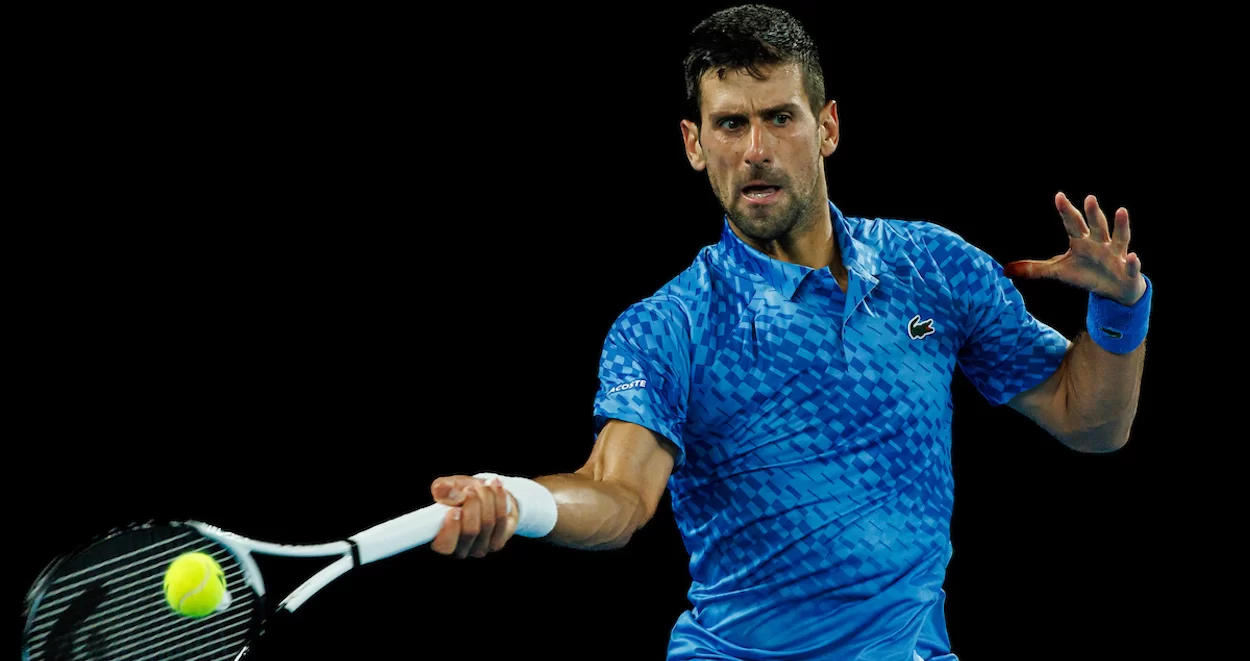
Wawrinka described facing Rafael Nadal as mentally and physically demanding, highlighting the Spaniard’s relentless style of play. In contrast, he noted Roger Federer’s ability to unsettle opponents with his swift and versatile game, making it challenging to find a rhythm.
However, Wawrinka reserved special praise for Novak Djokovic, labeling the Serbian as “the perfect player” due to his exceptional all-around skills.
“They have different styles of play. Rafa, being left-handed, makes the matches very tough, both physically and mentally. Roger’s speed and ability to keep opponents off balance create discomfort on the court. Novak, on the other hand, is simply flawless in his game,” Wawrinka shared with Olé.
Despite facing numerous defeats against the Big 3, Wawrinka viewed each match as an opportunity to test his abilities against tennis’ greatest legends.
“I’ve had my share of victories against them, but I’ve also suffered numerous losses. However, every encounter with them was a chance to compete against the best players in tennis history. Even in defeat, it was a meaningful challenge. Playing against those legends is always a special experience,” he concluded.



